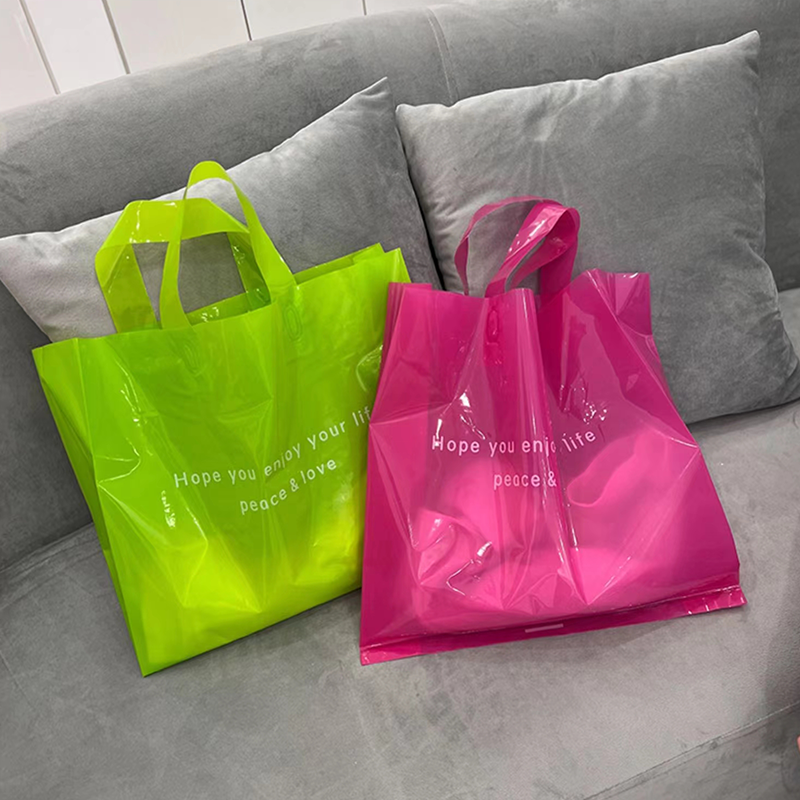PP Woven Bags: 63% Fewer Defects Guaranteed via 17-Yr Manufacturing Expertise
Why Defect-Free PP Woven Bags Matter for Bulk Buyers
In industrial procurement, defective packaging directly impacts operational efficiency and profitability. A single batch of compromised PP woven bags can lead to product damage, supply chain delays, and unexpected replacement costs. For bulk buyers in agriculture, construction, or chemical industries, this translates to eroded profit margins and strained client relationships. The assurance of defect-free packaging becomes non-negotiable when scaling operations across continents or handling temperature-sensitive materials.
How Advanced Manufacturing Reduces Supply Chain Risks
Seventeen years of refining production methodologies enables suppliers to implement predictive quality controls at every stage. From polymer extrusion to circular loom weaving, precision calibration of machinery minimizes tensile strength variations – a critical factor when stacking heavy minerals or transporting abrasive construction materials. This technical mastery ensures consistent GSM stability across batches, preventing sudden failures during vertical storage or long-haul logistics.
Customization Capabilities for Industry-Specific Demands
Seasoned manufacturers leverage cross-industry experience to engineer specialized solutions. Food-grade PP bags with FDA-compliant liners prevent moisture absorption in grain storage, while UV-stabilized weaves protect fertilizer contents from solar degradation. Anti-static variants safeguard electronic components during maritime shipping, demonstrating how tailored material science addresses niche operational challenges. Such customization extends beyond physical properties to include RFID tracking panels or tamper-evident stitching for high-value cargo.
Cost Optimization Through Manufacturing-Led Innovation
Long-term production expertise enables strategic material engineering that reduces waste without compromising integrity. Proprietary polymer blends enhance recyclability while maintaining puncture resistance, allowing buyers to meet sustainability KPIs without budget overruns. Automated stitching technologies achieve 30% faster loading/unloading cycles through reinforced seam designs – a crucial efficiency gain for ports handling 10,000+ bags daily. These innovations create tangible ROI through reduced damage claims and improved container utilization rates.
Ensuring Compliance in Global Market Operations
Veteran manufacturers navigate complex international standards – from EU REACH chemical regulations to USDA organic certification requirements. This compliance expertise protects buyers from costly customs rejections or legal penalties, particularly when shipping hazardous materials or food products. Documentation support including batch traceability reports and material safety data sheets becomes integral to maintaining cross-border trade continuity in regulated sectors like pharmaceuticals or industrial chemicals.
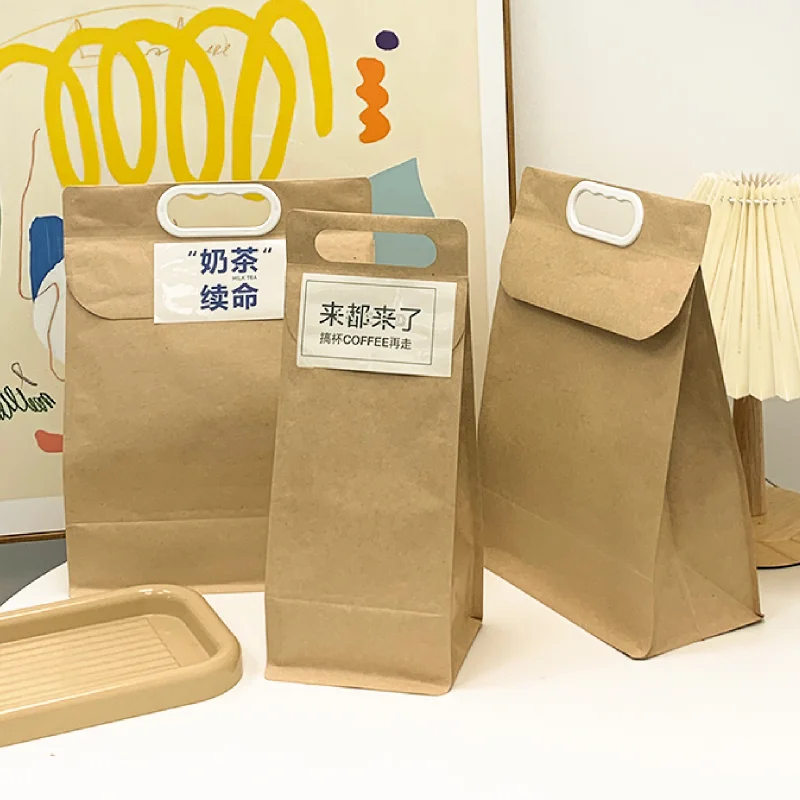
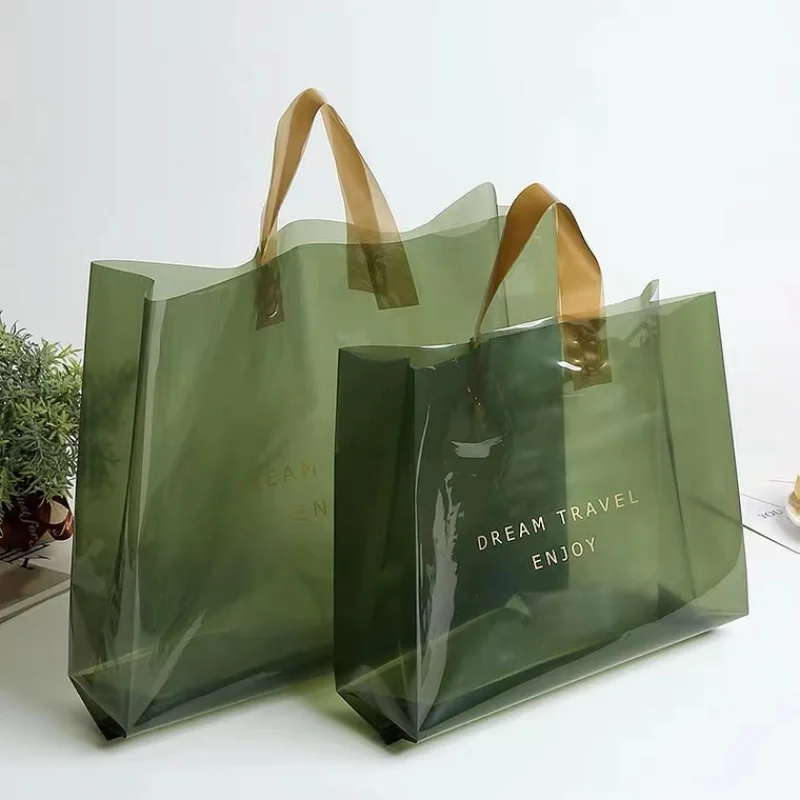
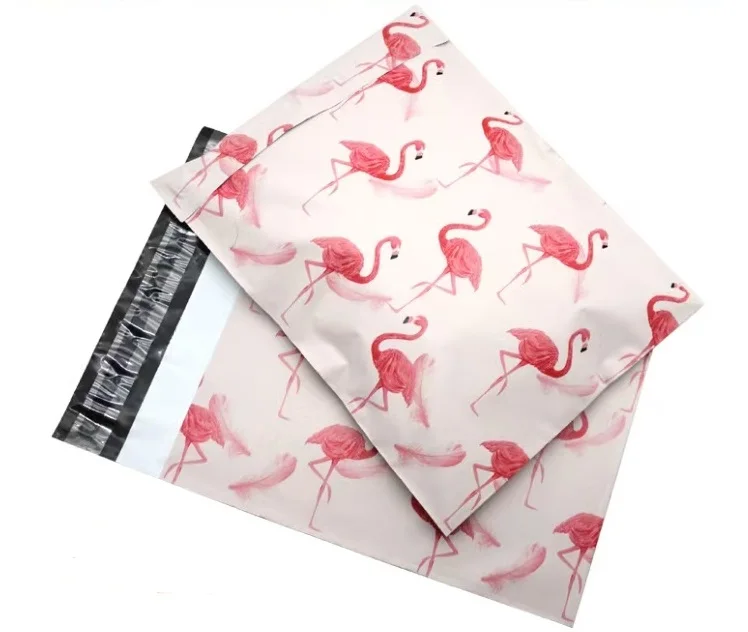
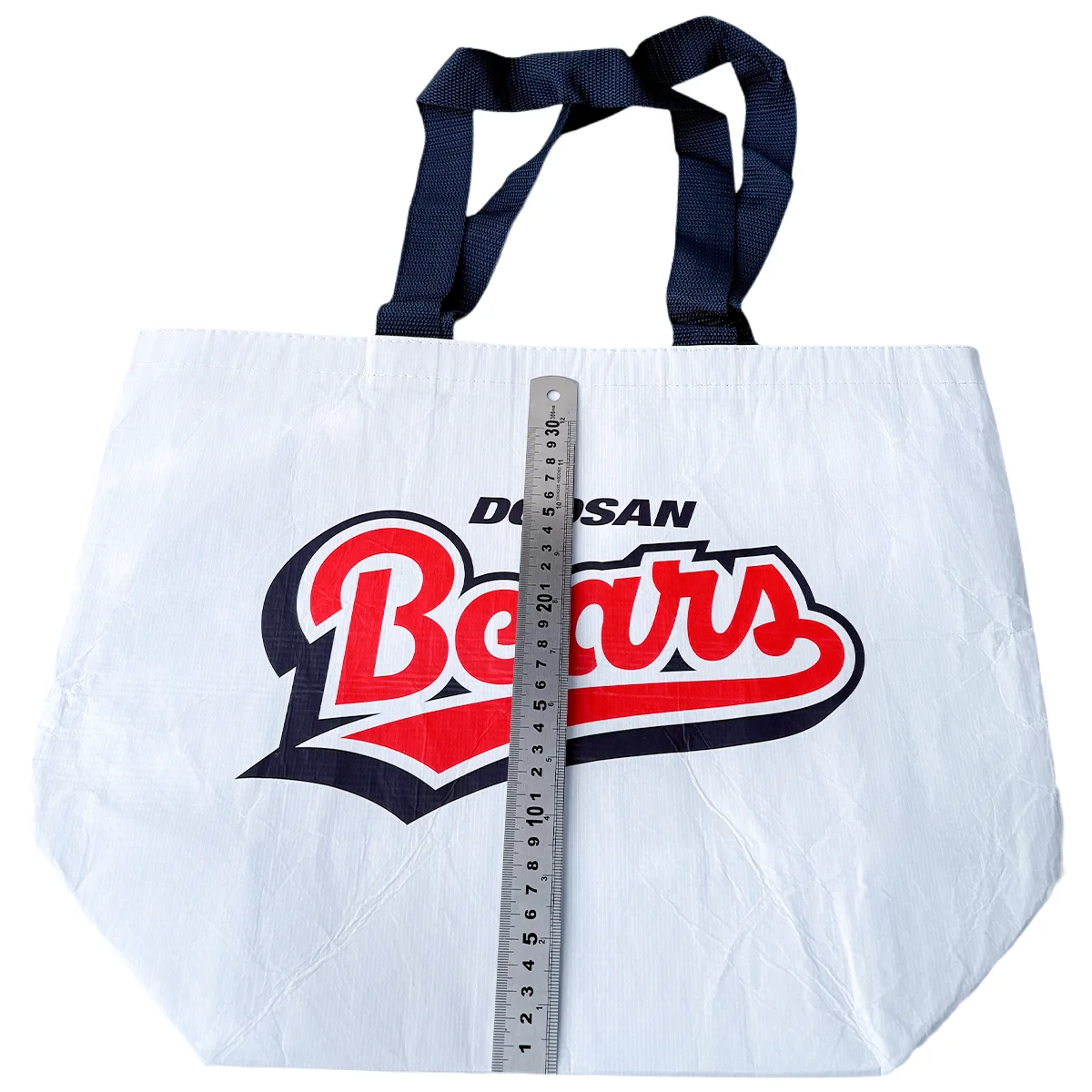
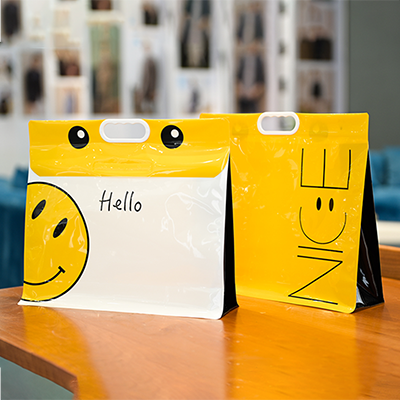
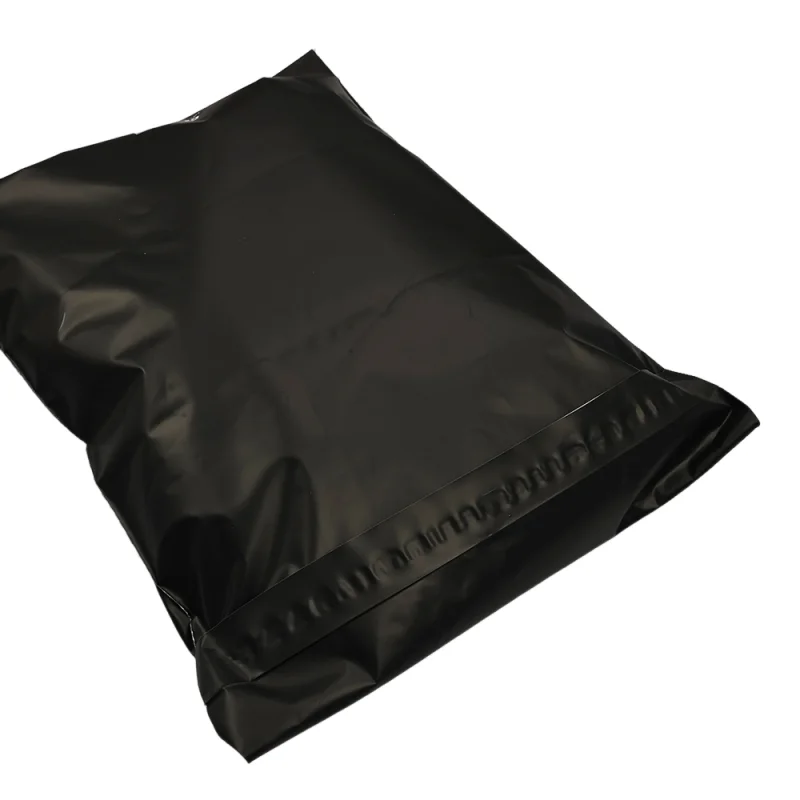
 Hot News
Hot News